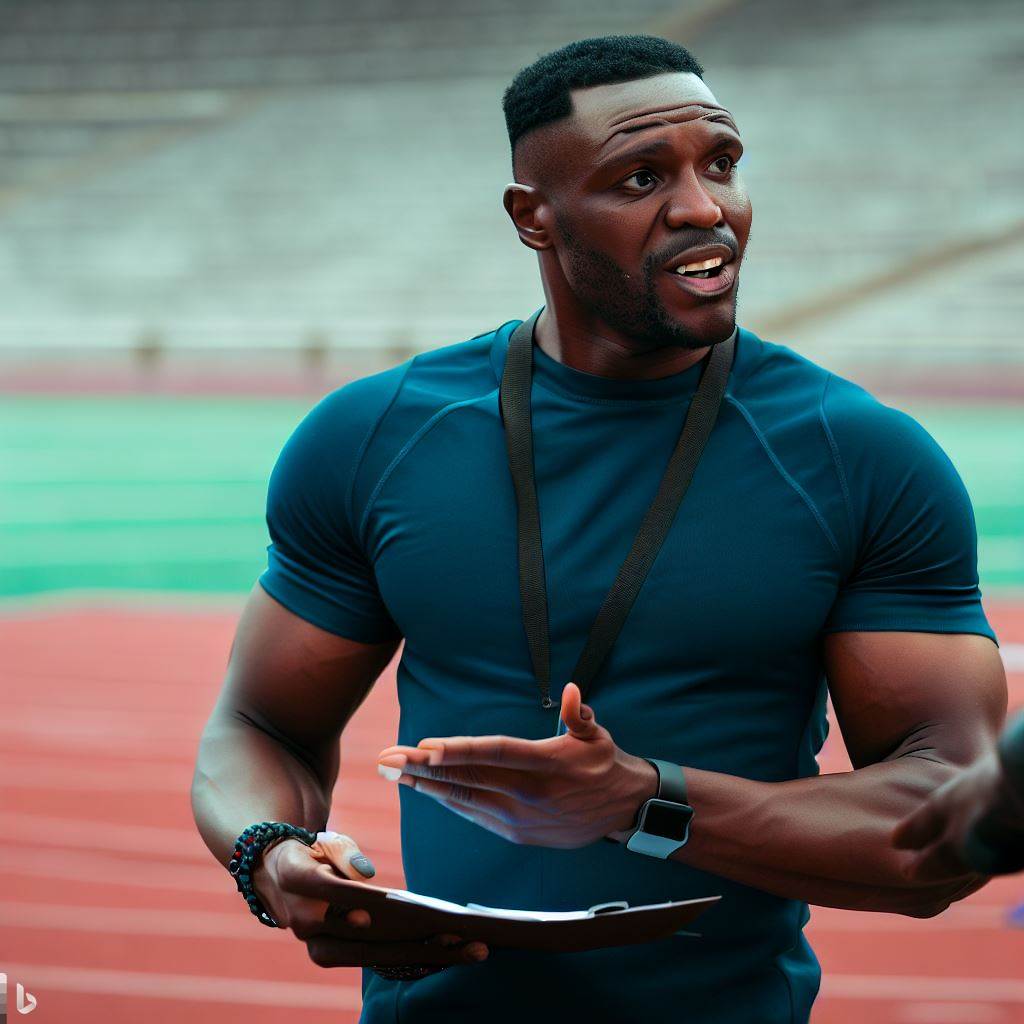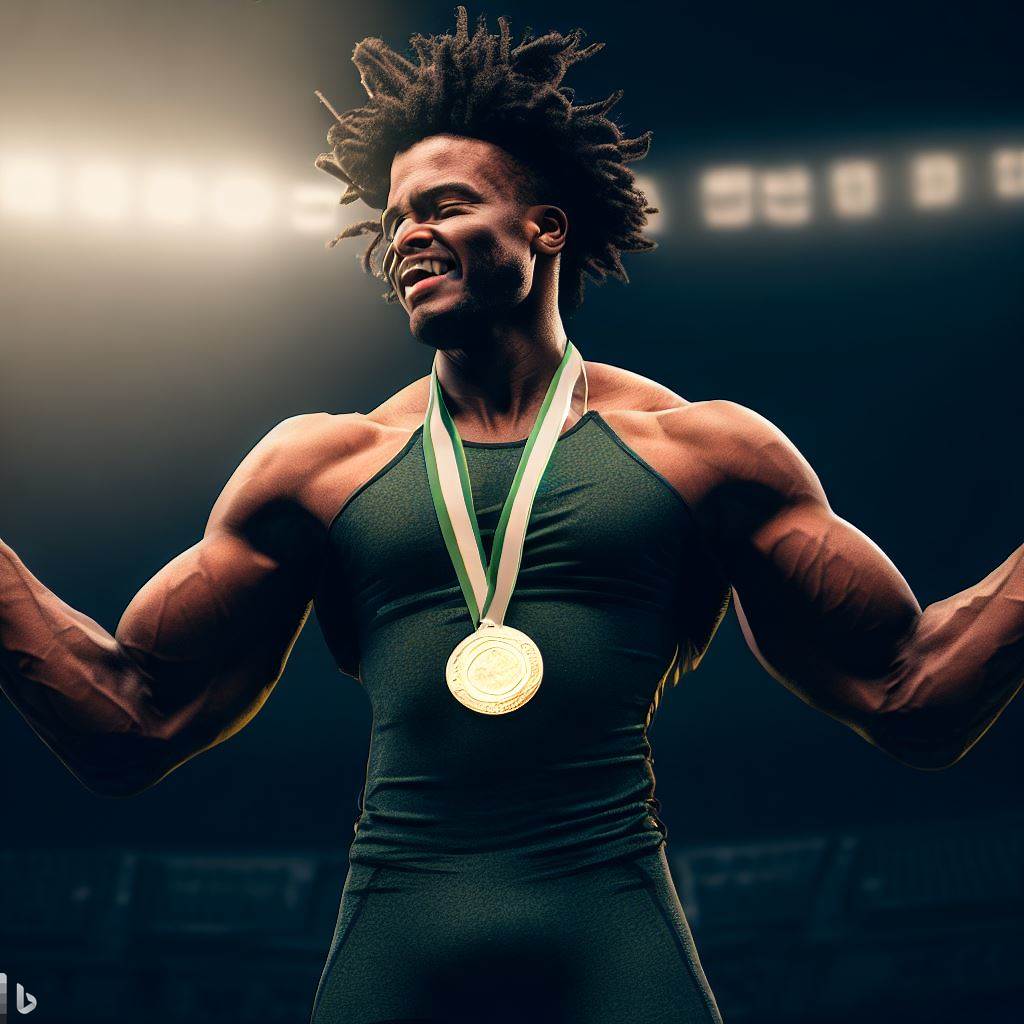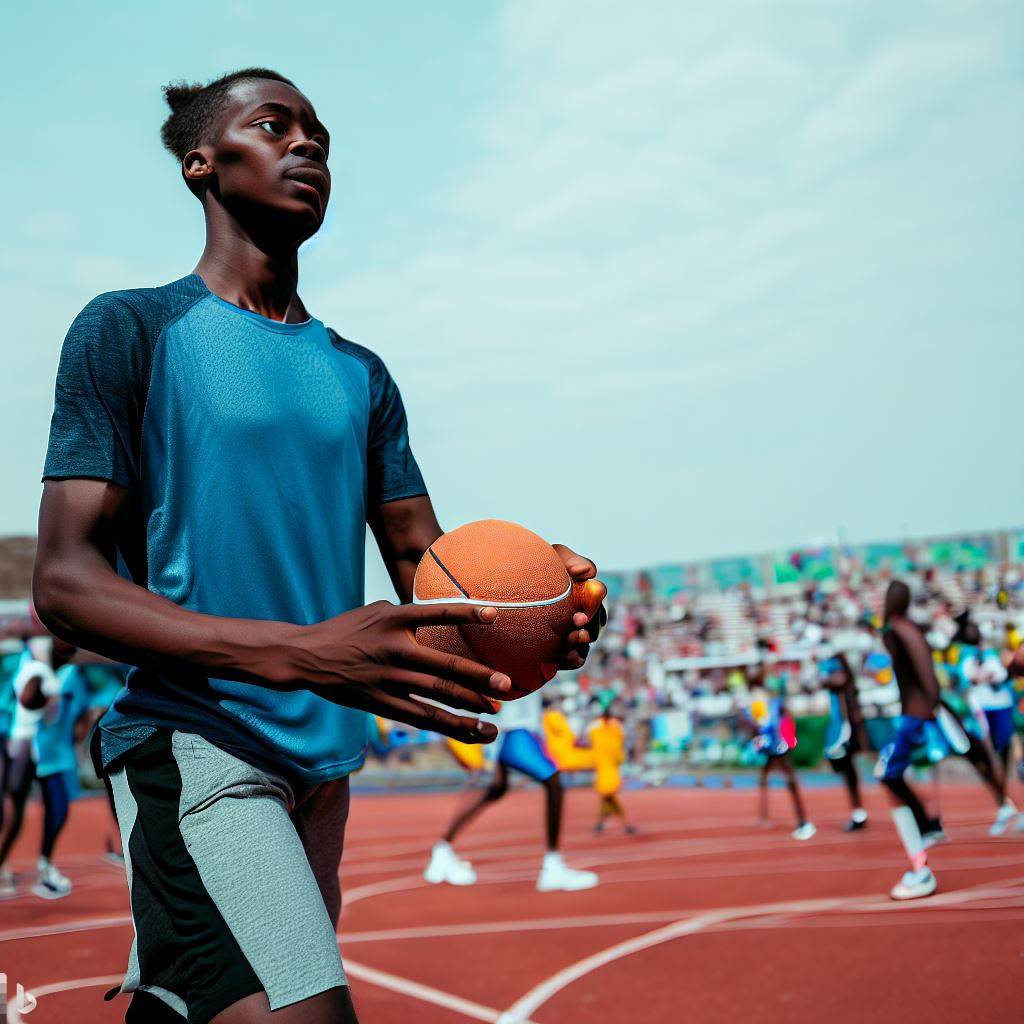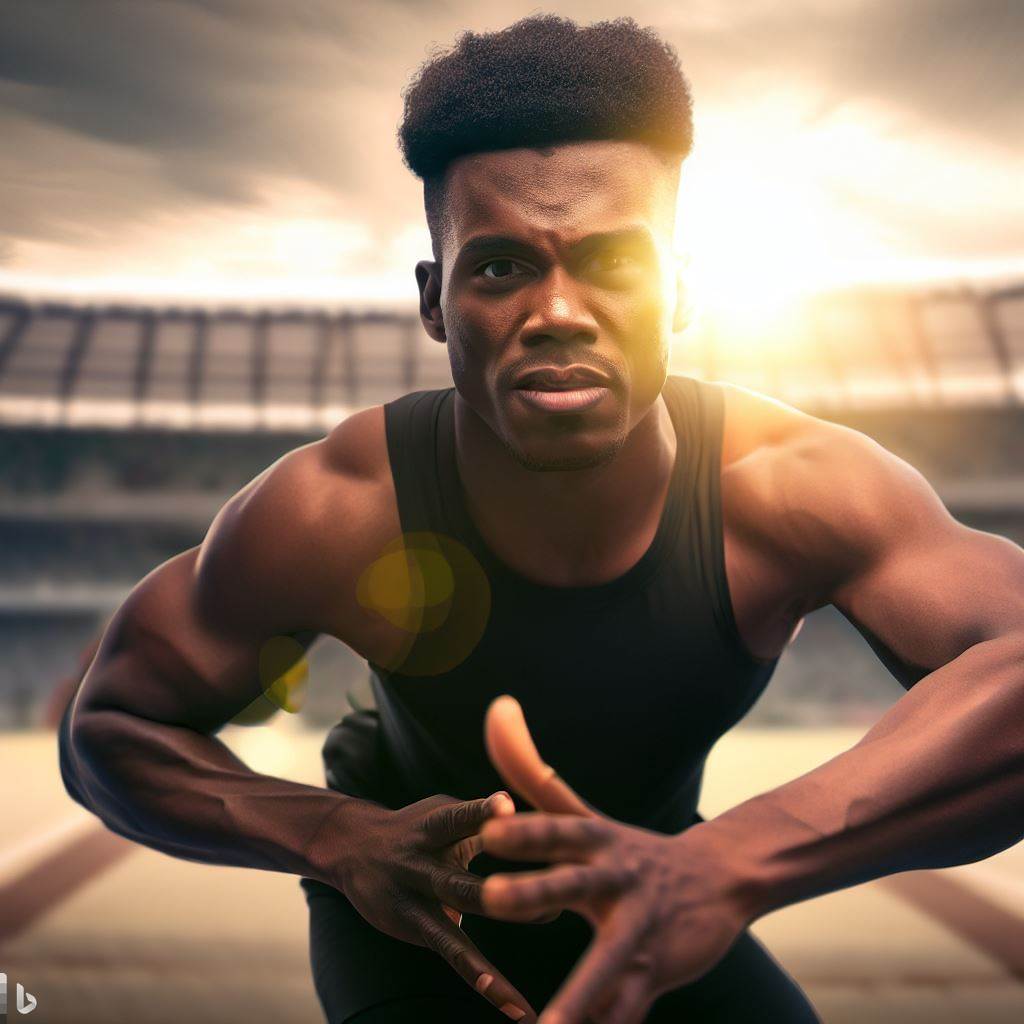Introduction
Gender equality in Nigerian sports professions remains a persistent and overlooked issue that demands urgent attention. For far too long, women in the sports arena have faced unjust treatment, discrimination, and a lack of opportunities to showcase their talents.
This disparity not only affects the realm of sports but also reflects the broader problem of gender inequality in Nigeria.
In this article, we delve into the multifaceted challenges that female sports professionals encounter, shedding light on the systemic barriers that hinder their progress and potential.
From limited representation in leadership positions to unequal pay and inadequate resources, the gender gap in Nigerian sports is evident and warrants our collective concern.
By addressing the issue of gender equality in sports, we confront the larger societal issue of gender disparity and strive towards fostering an inclusive environment that empowers women to excel in their chosen fields.
Join us as we explore the complexities of this matter and advocate for a transformative shift towards greater gender equality in Nigerian sports professions.
Read: Training Programs for Aspiring Athletes in Nigeria
The Current State of Gender Equality in Nigerian Sports Professions
Gender equality has been a major concern across various sectors in Nigeria, and the sports industry is no exception. Women have been increasingly participating in sports in the country, but the state of gender equality in sports professions is still less than ideal.
Let’s take a closer look at the current state of gender equality in Nigerian sports professions.
Brief History of Women’s Participation in Nigerian Sports
The participation of women in sports dates back to pre-colonial times. In most Nigerian cultures, women engaged in various indigenous sports, including wrestling, running, and dancing.
Until the 20th century, participation in organized sports was limited. The Nigerian Women’s Sports Association (NWSA) was formed in 1962 to promote women’s involvement in sports.
The association facilitated the inclusion of women’s sports in multi-sport events such as the Commonwealth and Olympic Games.
Statistics on Female Representation in Sports Professions
Despite some progress in women’s sports in Nigeria, female representation in sports professions remains low. According to the National Bureau of Statistics, only 7.5% of registered sports coaches are women, while only 20% of top sports administrators are women.
Also, there are no women among the 37-member executive committee of the Nigeria Football Federation. Furthermore, prominent sports broadcasting roles in the country have only a few women, leading to women’s underrepresentation in sports journalism.
Challenges Faced by Female Athletes and Professionals
Women in Nigerian sports face various challenges, including cultural and societal stereotypes, lack of funding for women’s sports, and inadequate facilities for women. In addition, women’s sports and achievements receive less media coverage and sponsorship compared to men’s sports.
Women are also subjected to gender-based violence and sexual harassment in sports, which can affect their performance and overall well-being.
Examples of Notable Female Athletes and Professionals who have Overcome These Challenges
Despite these challenges, some Nigerian women have excelled in sports and sports professions.
Chioma Ajunwa, a former Nigerian athlete, is the first black African woman to win an Olympic gold medal in a track and field event. Blessing Okagbare is another notable Nigerian athlete who has set multiple African records in track and field events.
Oyinlomo Quadri is making waves in tennis, becoming the first Nigerian female tennis player in 16 years to win a professional title. In sports administration, Aisha Falode is a seasoned sports journalist and one of the few women serving in leadership positions in Nigerian sports.
The current state of gender equality in Nigerian sports professions can be considered suboptimal. However, there are glimmers of hope with the achievements of some Nigerian women in sports and sports professions.
Efforts must address barriers hindering women’s sports participation. Deliberate action on gender and social equity is essential for equal opportunities and representation in Nigerian sports and professions.
Read: The Economic Impact of Sports in Nigeria
Learn More: Certification Process for Nutritionists in Nigeria
Factors Contributing to Gender Inequality in Nigerian Sports Professions
Cultural and societal attitudes towards women in sports
Gender disparity in sports is rooted in cultural and societal beliefs about women’s abilities and roles. Nigerian culture generally believes that women should focus on motherhood and domestic duties.
Women in sports are perceived as being unfeminine and unnatural, and therefore unable to fulfill their societal duty as wives and mothers.
Lack of support and resources for female athletes and professionals
Another factor contributing to gender inequality in Nigerian sports professions is the lack of support and resources for female athletes and professionals.
There is a lack of investment in women’s sports programs, training facilities, and equipment. Female athletes struggle to find sponsors and financial support to pursue their careers in sports.
This lack of support and resources limits their ability to compete or progress in their respective fields.
Male-dominated leadership roles in sports organizations
The third factor contributing to gender inequality in Nigerian sports professions is the male-dominated leadership roles in sports organizations.
Top sports positions typically favor men, excluding women from decision-making processes. Prejudice and underestimation create a hostile environment, deterring women from leadership roles.
This exclusion of women in decision-making processes further exacerbates the gender imbalance in sports professions.
Overall, gender inequality in sports professions is not just a Nigerian issue. It is a global problem that affects many women in sports. The factors contributing to gender inequality in sports have a significant impact on women’s health, well-being, and career growth.
Addressing these issues will require a comprehensive effort from all stakeholders involved in sports, including the government, sports organizations, sponsors, athletes, and the media.
Read: Inspiring Stories of Successful Nigerian Athletes
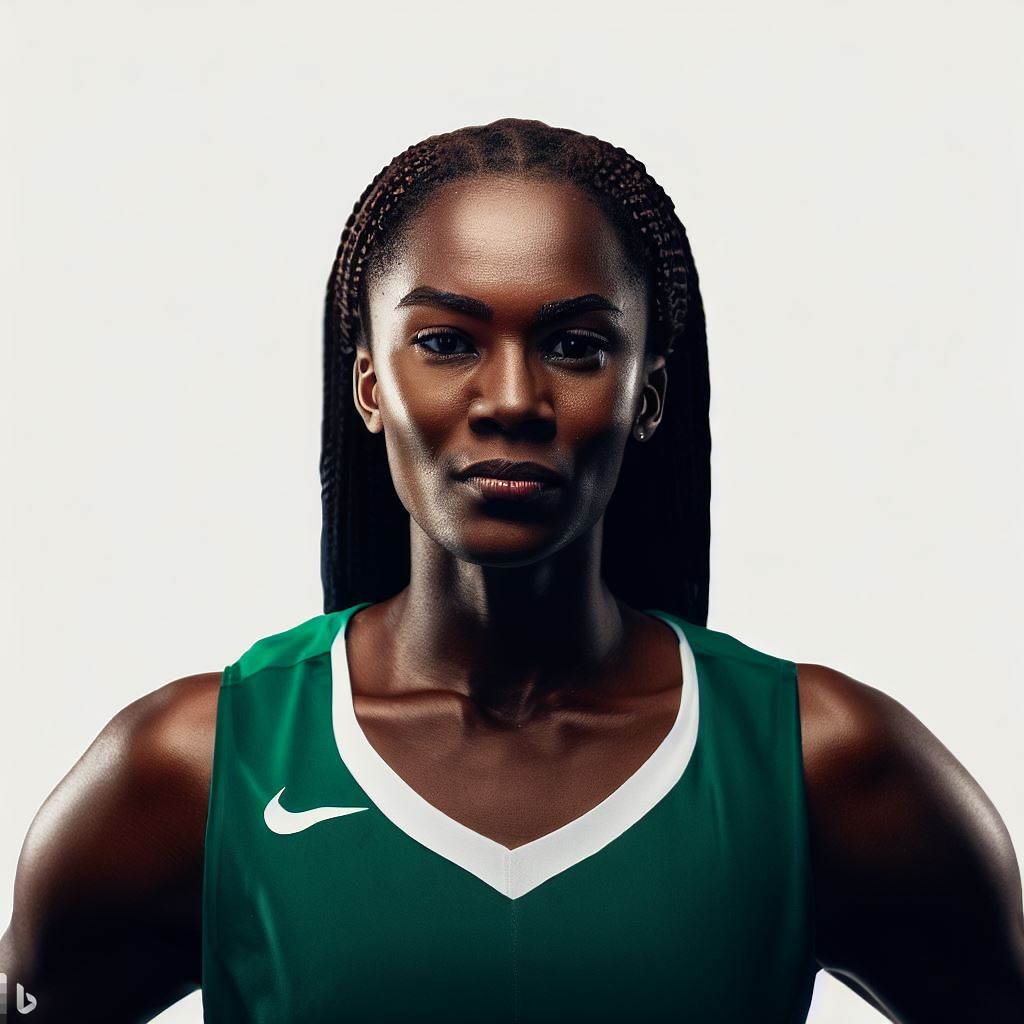
Strategies for Advancing Gender Equality in Nigerian Sports Professions
Gender inequality has been a major challenge in Nigerian sports professions, with women often facing biases and discrimination. To advance gender equality in this sector, the following strategies can be implemented:
Increasing opportunities and resources for female athletes and professionals
One way to promote gender equality in Nigerian sports professions is to increase opportunities and resources for female athletes and professionals. This can be achieved by investing in facilities and training programs that cater to women’s needs.
Additionally, there should be equitable distribution of funds and resources for male and female teams and athletes.
Implementing policies and awareness campaigns to address gender bias and discrimination
To promote gender equality in Nigerian sports professions, policies, and awareness campaigns should be put in place to address gender bias and discrimination.
This can include policies that promote equal pay for male and female athletes, as well as campaigns that educate the public on the importance of gender equality in sports.
Encouraging women to pursue leadership roles in sports organizations
Women are underrepresented in leadership roles in Nigerian sports organizations. Encouraging women to pursue such roles can help address gender inequality in this sector.
Achieving this involves offering women opportunities to gain leadership skills and experience while fostering a supportive, encouraging environment that values their contributions.
Showcasing and celebrating the achievements of female athletes and professionals
Finally, showcasing and celebrating the achievements of female athletes and professionals can help promote gender equality in Nigerian sports professions.
This can include highlighting their accomplishments in the media, as well as organizing events to celebrate their successes. Moreover, this also sends a clear message that women can excel in sports as much as men and helps to change the cultural perception of gender roles in sports.
Gender equality in Nigerian sports professions is achievable through the implementation of the aforementioned strategies. These efforts will not only help women in this sector but will also contribute to the growth and advancement of the industry as a whole.
Read: Nigeria’s National Sports Policies: An In-Depth Review
Conclusion
Gender equality in Nigerian sports professions is still a work in progress with women making up only a fraction of leadership positions.
Despite making progress, like appointing a female chairperson for the Nigerian Women’s Football League, female representation in management positions remains lacking.
Gender discrimination and stereotypes in sports are still prevalent, with women’s sports receiving significantly less funding and media coverage than men’s sports.
It is essential to continue efforts to promote gender equality in sports, as it not only benefits women in sports but society as a whole.
Studies have shown that girls who participate in sports have higher self-esteem, better academic performance, and are more likely to pursue higher education and leadership positions.
Final thoughts and a call to action for readers to support gender equality in sports are crucial. Everyone has a role to play in promoting gender equality in sports, from fans to athletes, coaches, and sponsors.
We must hold sports organizations accountable for promoting gender diversity and inclusivity and provide equal opportunities and resources to female athletes and professionals. Together we can create a more equitable and inclusive sports environment that benefits everyone.

